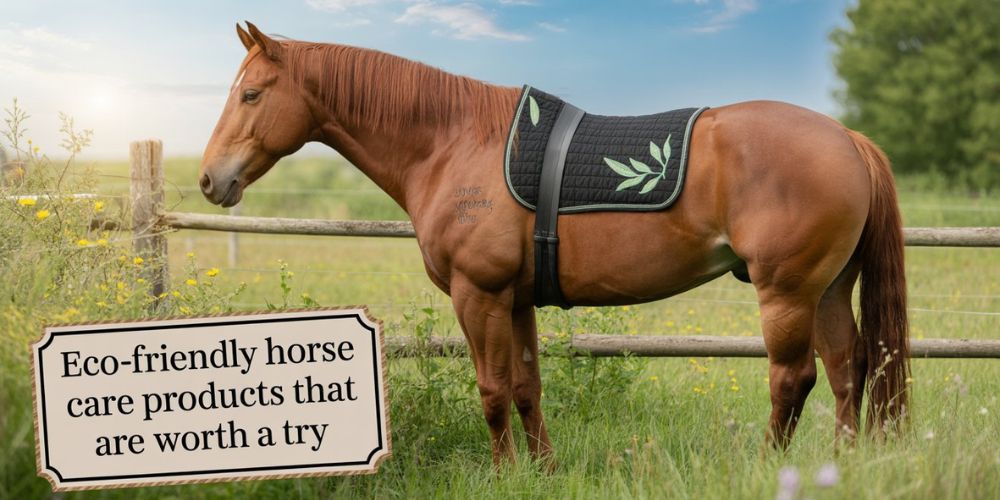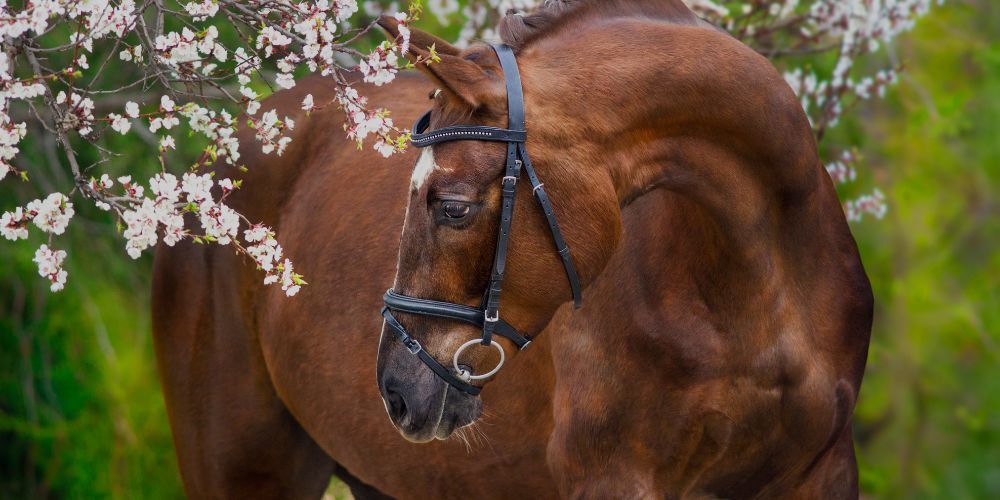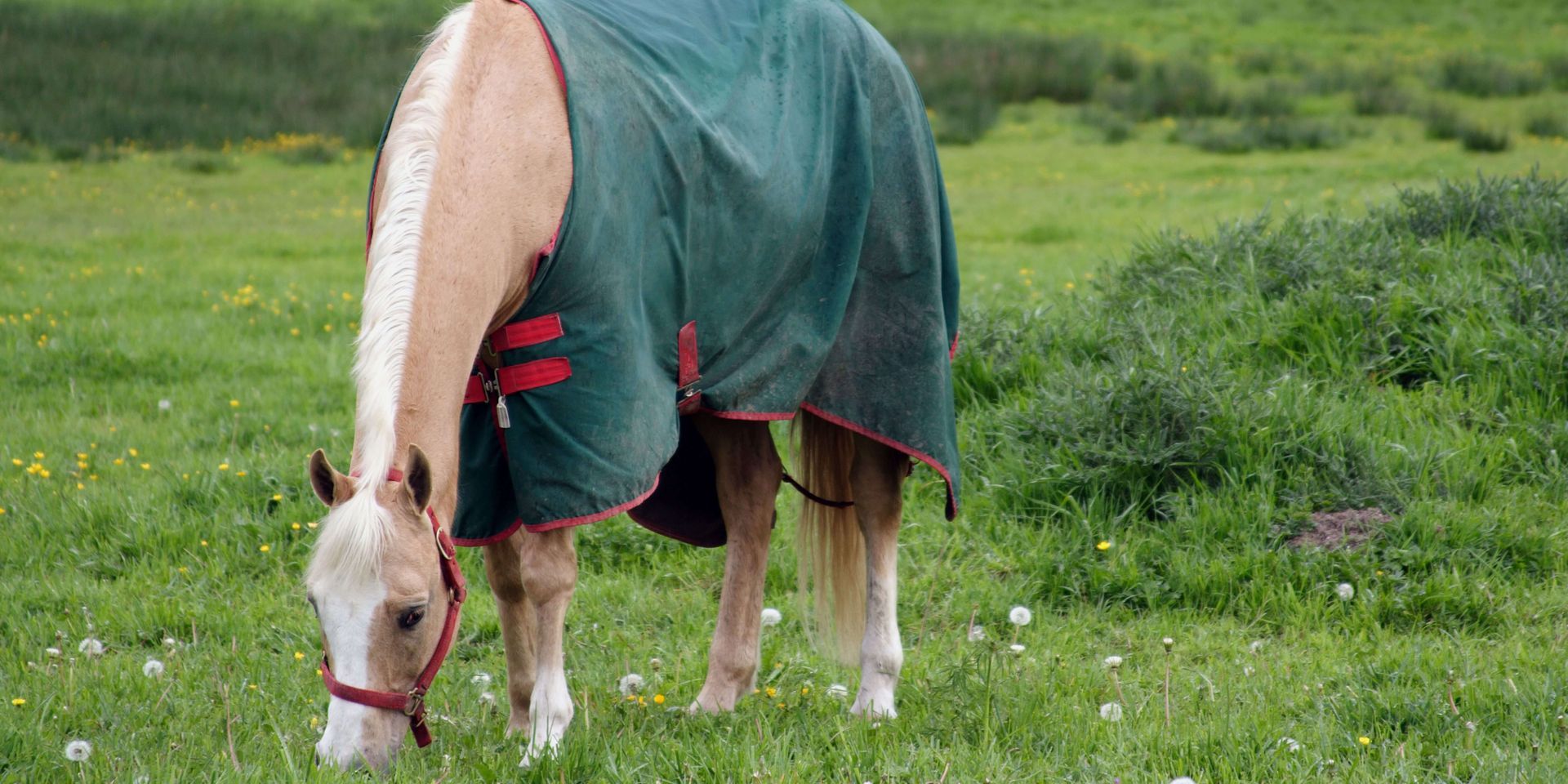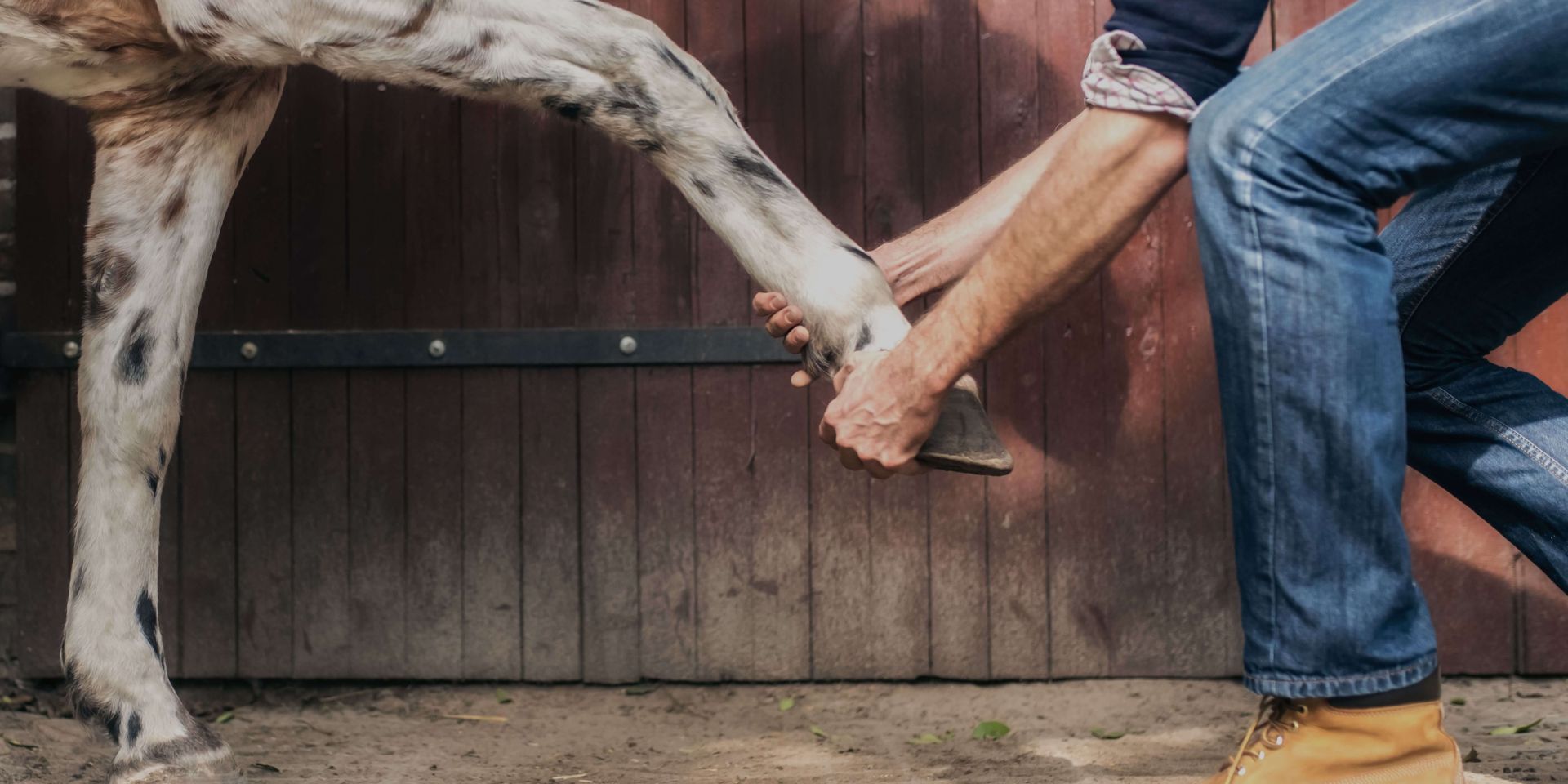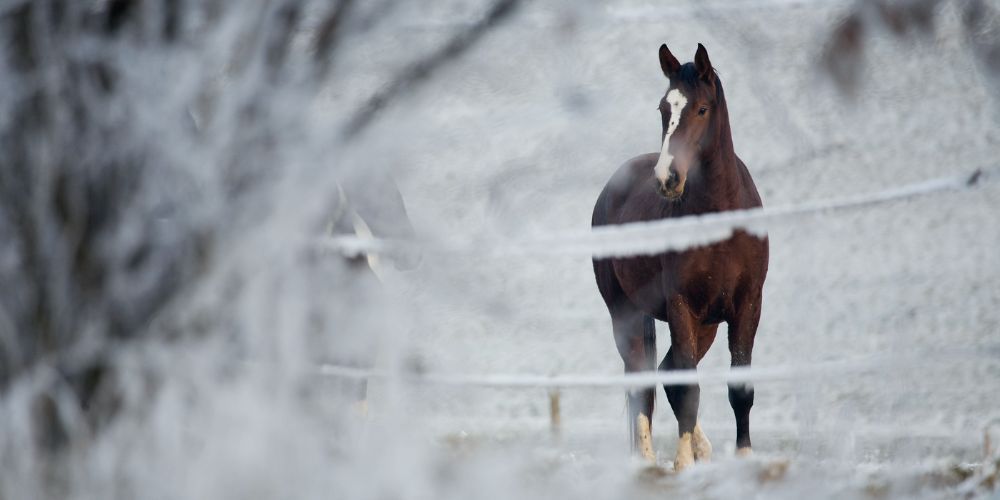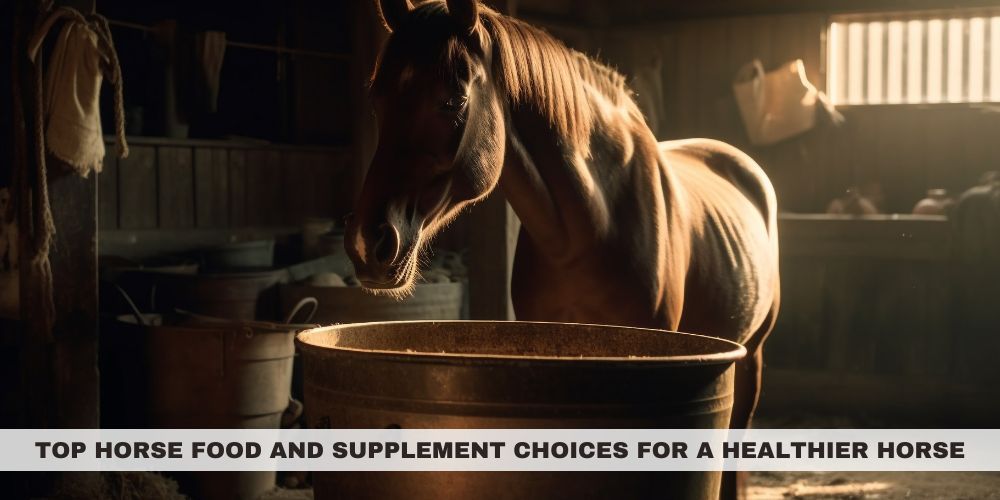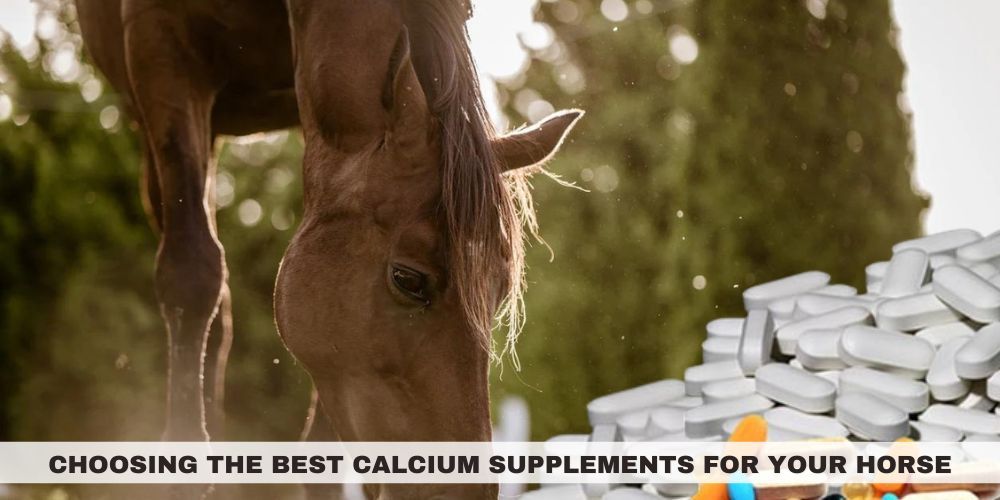Nutrition Essentials for Horses
This blog will discuss all the key elements in horse nutrition, focusing on the primary nutrients required for good health. The discussion will further discuss nutrition and the need for dietary balance, nutritional supplements, and hydration, concluding with age-related feeding. Whichever category falls into horse owner or horse enthusiast is on a very positive path to securing a healthy life in every sense of the word for a horse.
Understanding Horse Nutrition: The Basics You Need to Know
Nutrition for horses is a complex blend of scientific knowledge and natural factors. To maintain their peak condition, horses need energy, protein, fiber, vitamins, and minerals. Their digestive systems are made to handle high-fiber forage, but grain and supplements help provide the necessary nutrients. Understanding this balance is key to fostering a vibrant, well-performing horse.
The Importance of Proper Nutrition for Horses
Good nutrition lies at the core of a healthy horse. Just like humans, horses require the proper mix of nutrition to carry on their routine. Properly fed horses can better sustain their energy level, muscles, and immune system. This may have more extended ramifications regarding animal mood, performance, and well-being in horses.
Key Nutrients Every Horse Needs for Optimal Health
- Forage: Horses must be kept on a high-fiber diet with good-quality hay or pasture to help them maintain proper gut function and avoid colic.
- Vitamins and Minerals: Ensure a balanced intake of vitamin E for horses, among others, and minerals such as calcium and phosphorus.
- Water: The water supply must be as accessible and easy as possible for fresh, clean water. Depending on activity and climate, horses may need up to 10 gallons daily.
The Role of Protein, Vitamins, and Minerals
Proteins can successfully provide amino acids that are particularly important in horses for muscle development, the rebuilding of tissue, and general growth. The vitamins: Vitamin A for vision; Vitamin D, growth, and utilization of bones; Vitamin E for immune function; and Vitamin K for blood coagulation. Minerals are helpful for bone health, while electrolytes replace fluids and keep neural functions right.
The Importance of a Balanced Diet for Your Horse
A well-balanced nutrition profile affects your horse's health, energy, and performance. A balanced diet for your horse should be appropriate: fiber, protein, vitamin, and mineral levels for digestion, muscles, and life in general of the horse. Regularly assess your horse's body condition to help guide feeding.
Benefits of a Balanced Diet
- Good Health: A balanced diet gives power to your immune system, reduces the chances of sickness, and keeps you vital.
- Improved Performance: Correct-fed nutrition provides energy, stamina, and muscle growth, enabling horses to perform competently at work or in competition.
- Longevity and Well-being: Uniform, balanced feeding helps people live longer, more restorative lives and reduces the likelihood of age-related health issues.
Top Supplements for Enhancing Horse Performance
- Joint Supplements: These products supply glucosamine and chondroitin to support healthy joints for mobility and comfort in the active equine.
- Energy Boosters: Energy boosters are nutritional horse supplements rich in B vitamins and amino acids. They improve energy metabolism and ensure great stamina.
Choosing the Right Supplement for Your Horse’s Needs
The type of supplement, such as omega 3 for horses, should be determined by determining his specific health needs, such as joint support or digestive health. A veterinary doctor or equine nutritionist will help you review the ingredients to ensure each item meets your horse's unique needs.
How to Choose the Right Feed for Different Horse Ages
The type of feed selected should be appropriate, considering the horse's age, level of activity, and health status. While foals and young horses need high-protein diets for their growth, adult horses usually require a maintenance diet that contains a high proportion of fiber. Senior horses may need more digestible feeds due to their dental problems that help them absorb nutrients.
Adjusting Feed for Adult and Senior Horses
Adult feeding caters to changed nutritional needs at different stages. Adult horses mostly remain healthy and thrive on a good-quality forage-based diet supplemented with adequate concentrations. Aging horses' teeth and less effective digestive systems have difficulty chewing and assimilating ingredients like soaked horse pellets or specifically formulated feeds targeting seniors.
Hydration: The Overlooked Essential in Horse Nutrition
Hydration is a necessary yet highly underestimated factor in the nutritional approach to horse foods. About 65% to 75% of a horse's body weight comprises water, which is critical for digestion, absorption of food nutrients, maintaining body temperature, and keeping the joints lubricated. If hydration is extreme, serious consequences include colic, kidney damage, and heat stroke.
How to Ensure Your Horse is Drinking Enough Water
Hydrating your horse is very important to maintain their health. Allow access to clean, fresh water at all times. Horses drink 5-10 gallons a day. Keep water sources clean to maintain palatability. Supplement with salt blocks to encourage drinking. Monitor intake and adjust provisions during temperature extremes or increased activity accordingly.
Customizing Your Horse’s Diet: Tips for Owners
A customized equine nutrition program might consider age, weight, activity level, and health status. Start with a base of excellent forage and adjust as necessary to keep your horse in optimal body condition. Add concentrates or supplements according to need, ensuring a proper balance of available nutrient requirements.
Factors to Consider When Customizing a Diet
- Age and Stage of Life: The horse's nutrition profile should be adjusted according to age, as foals, adults, and seniors require different nutritional profiles.
- Activity Level: Caloric intake shall be based on workload; performance horses require more energy-dense feeds than idle ones.
Conclusion
Good nutrition will be your biggest priority concerning health and performance, so their diets must meet your horse's needs. When seeking quality equine products or professional advice, consider American Horse Products. With its massive inventory in store, this fast and well-educated staff will undoubtedly be able to help you decide on some of the best nutrition and care items your horse will require.


